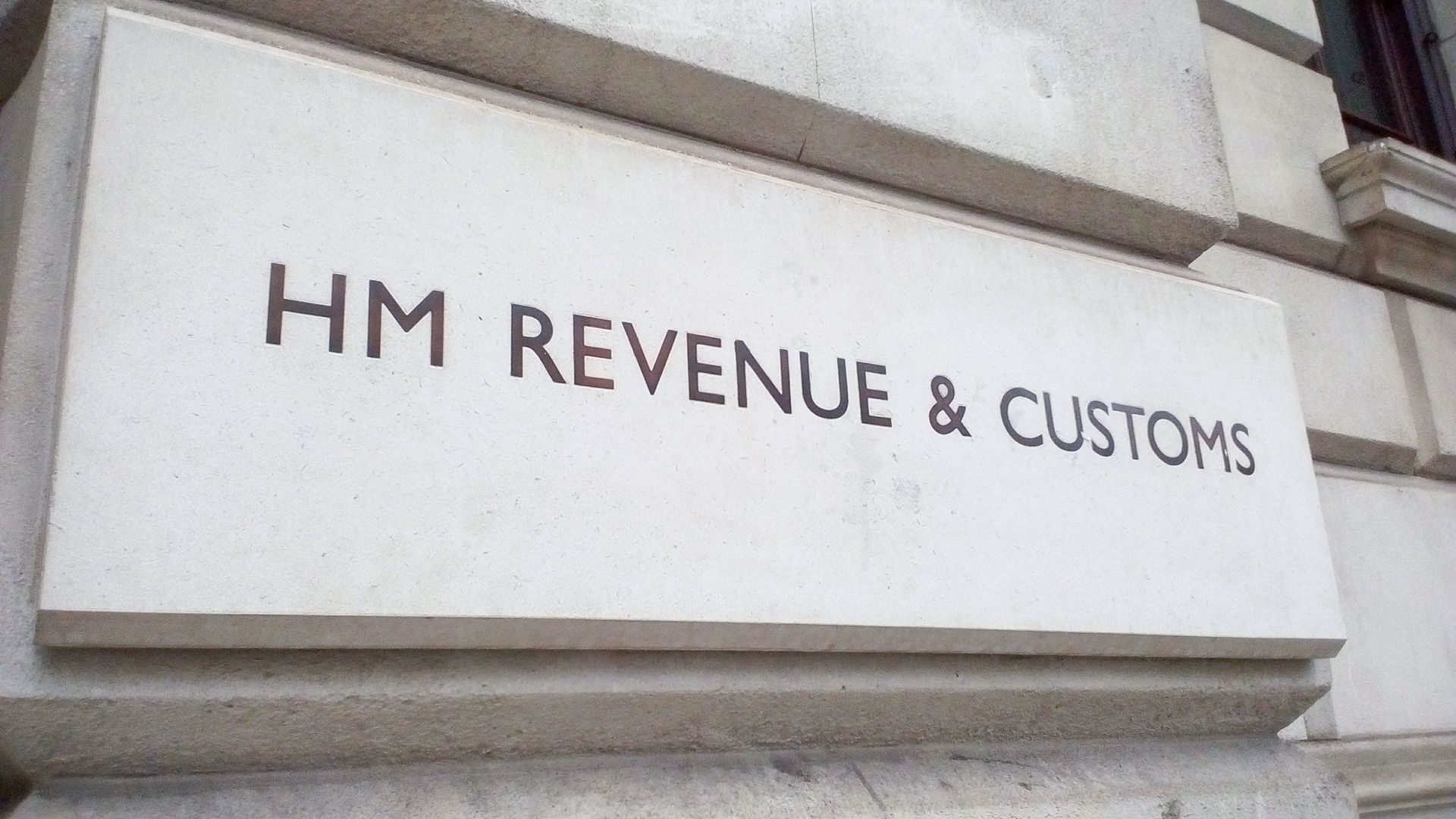Average earner will be £450 better off from Saturday
The Chancellor’s cut to national insurance comes in from Saturday 6 January, reducing tax bills in January pay packets
The 2p cut to National Insurance will see the rate for employees cut from 12% to 10% from Saturday, with the average worker earning £34,963 saving £447.86 in for Class 1 contributions over the year. This amounts to £8.61 a week.
According to Quilter, due to the freeze on tax thresholds, which is set to stay until 2028, workers will be just £2.68 better off a week, or saving a total of £139.46 over the year, assuming the government had raised thresholds in line with inflation.
Rachael Griffin, tax and financial planning expert at Quilter said: ‘Getting more money into people’s pockets is key, and thawing the frozen income tax thresholds could help considerably.
‘With an election rapidly approaching, the Spring Budget will likely be the Chancellor’s final opportunity to make any vote swaying announcements and income tax is widely rumoured as being top of the agenda to curry favour with voters – particularly younger cohorts.’
According to the Office for Budget Responsibility (OBR), by the 2028/29 tax year there will be approximately 7.5 million taxpayers paying 40% tax if the brackets remain frozen. This is almost double the number in the 2019/20 tax year when 3.8 million people paid the higher rate.
Griffin said: ‘For the time being, the uptick in monthly take home pay following the NI cut will help ease the strain on people’s personal finances - albeit only marginally.’
The cut to NICs will impact 29 million working people and will cost the Treasury approximately £9bn a year.
Impact of NIC cuts
| Salary | 12% | 10% | Saving |
|---|---|---|---|
| £30,000 | £2,091.60 | £1,743.00 | £348.60 |
| £34,963* | £2,687.16 | £2,239.30 | £447.86 |
| £40,000 | £3,291.60 | £2,743.00 | £548.60 |
| £50,000 | £4,491.60 | £3,743.00 | £748.60 |
| £100,000 | £5,518.60 | £4,764.60 | £754.00 |
*Average Salary
NI contributions for the self-employed are also being reduced from 9% to 8% on any profits between £12,570 and £50,270. This will impact approximately two million people.


Book an Appointment Today
Message Us Now
We will get back to you as soon as possible.
Please try again later.
Our Location
© 2020 All Rights Reserved | Longden & Co Ltd | Registered in England & Wales, Registered number 06710813 | Website by Infoserve | Privacy & Cookie Policy











